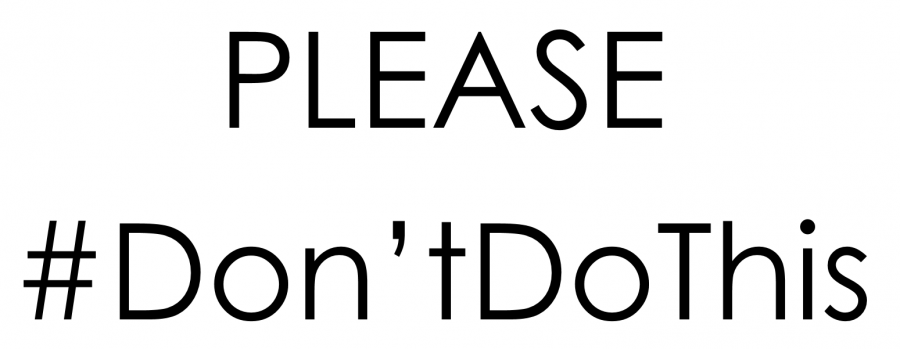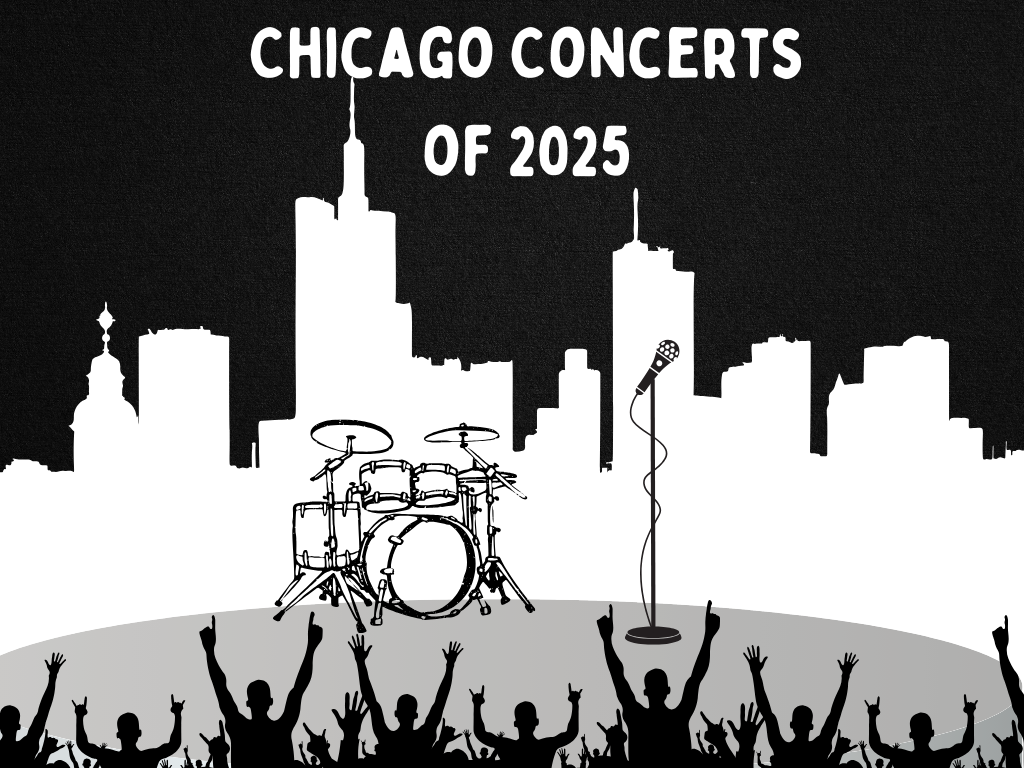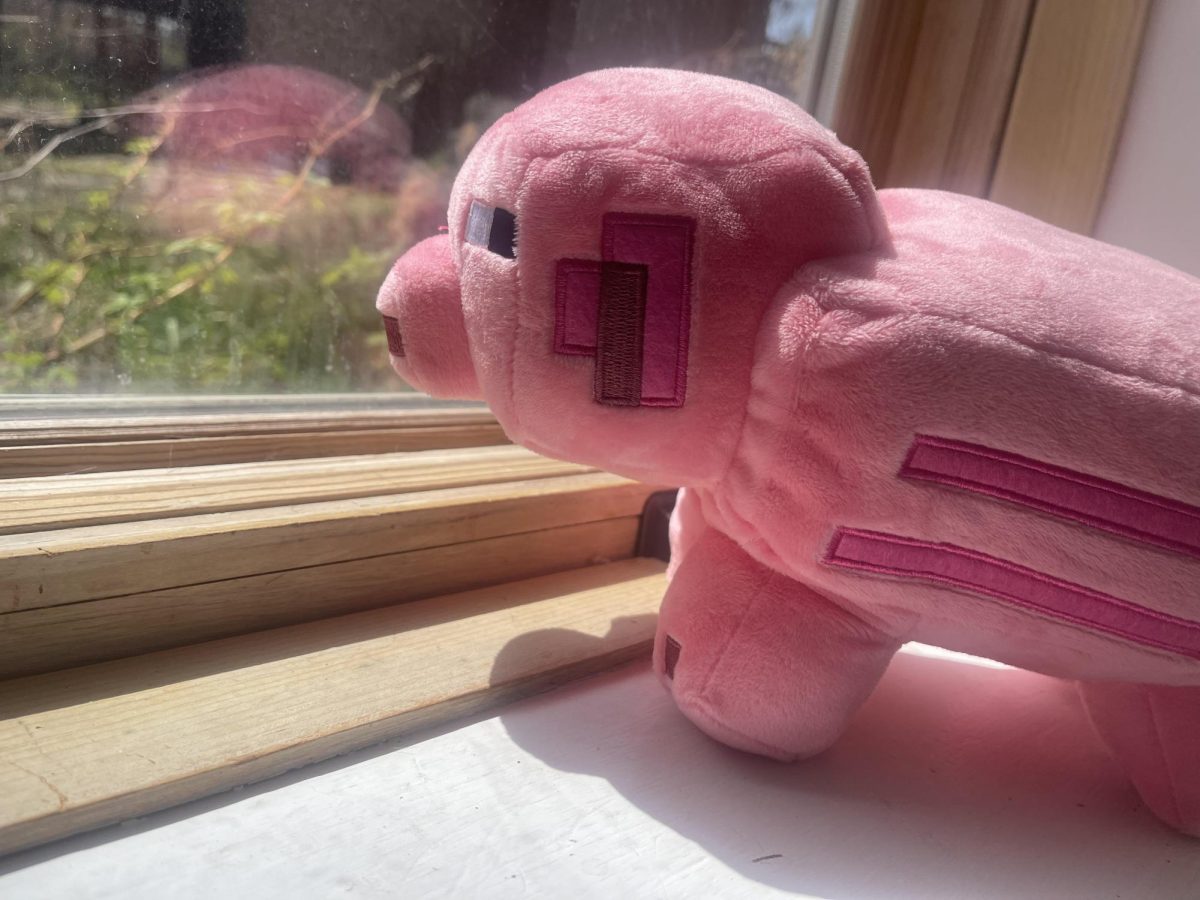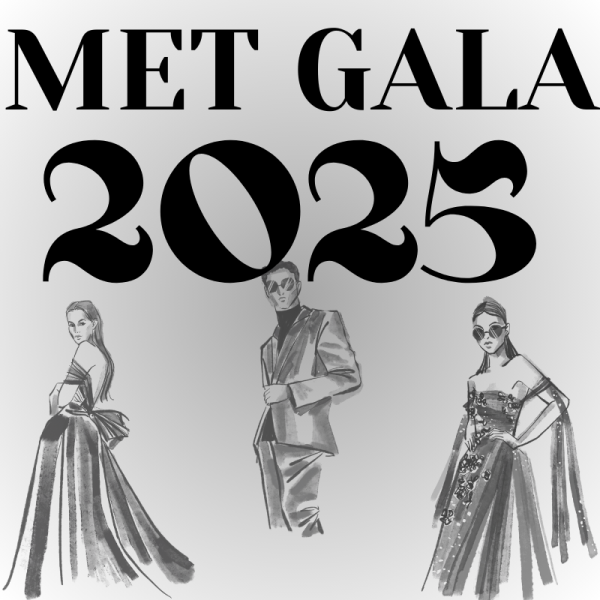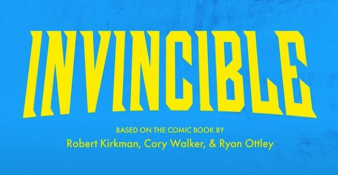#Don’tDoThis
December 4, 2015
You’ve all probably seen it: just another harmless internet challenge taking over Twitter. But this one isn’t necessarily as innocent as it was intended to be. The #Don’tJudgeMe challenge was started with the message of ‘don’t judge a book by its cover’, but quickly evolved into unintentional body shaming.
Those who accepted the challenge film themselves in a short video, the first frames being how they perceive ‘ugliness’. Contenders paint themselves to look ‘ugly’, faking acne, unibrows, and other facial blemishes. They then cover the camera with their hand, only removing it to reveal a seemingly different person. The women have a perfectly done up face, complete with styled hair and a matching outfit, whereas the men are often not wearing shirts at all- showing off sculpted muscles. The latter frames being what is perceived as ‘beautiful’.
It is meant to show that you should not judge someone based on their physical appearance because you never know what is underneath, which originally is a good intention. But by using normal ‘flaws’ as a way to make themselves seem uglier, it defeats the purpose. It only brings alive the raging stereotype in teen movies where the female lead will take off her glasses and pull out her ponytail to suddenly become stunning. Always accompanied by a wind machine and an artificial sun, because guess what: it’s all fake. If the male lead is too blind to see that she is beautiful whether or not she has glasses, then it is his loss.
While the underlying message should have been there, it wasn’t. The point of non judgement has a silver lining, but these videos do not portray the true message. They make the argument that a person could not possibly be beautiful if they have acne, other blemishes, or birthmarks; that all bodies can only be desirable if they are toned. There is absolute respect for those who have taken extra care for their bodies or have mastered the skill of makeup. However, these videos leave implications in their digital footprint that a person must have these qualities in order to be beautiful. Which isn’t the truth. At all.
This challenge needs to die down as quickly as it started. While the original message had good motives, it was quickly turned into a showcase for the model-esque people of the internet rather than a real opportunity for people to accept others for who they truly are: human. Apologies in advance if this is news, but not all humans look the same. Some have acne or scars, maybe some blemishes and impairments, whether visible or not, none of which are bad. Not judging people by their physical appearance shouldn’t need a twitter trend to try and reiterate. It should be something in our genetic code. If only we grew up getting that message shoved down our throats right alongside stranger danger, stupid internet fads like these would never happen.
Sometimes these challenges can be fun and can help express valid points in society, however, we have to be careful so as to not contradict ourselves and put ourselves down at the same time. We as humans have an incredible gift to show compassion for one another, we create art, music, great cities, and beautiful architectural works. We all do this we all appreciate this. So why does anyone put others down in the first place?

